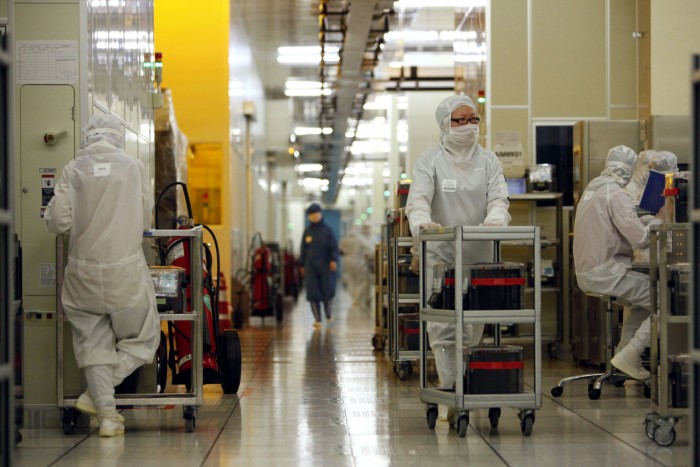The factory will be closed in the first week of October. About 1,360 part-time workers have been declared, so most of their wages are received through government subsidies. Production may not resume in early 2022 at the earliest. This was justified by the fact that the entire sector is in a state of emergency due to a shortage of semiconductors and it is not possible to know when the supply chains needed for production will be restored.
Workers were notified on Thursday. Mitteldeutscher Rundfunk (MDR) wrote for regional public service media that their union, IG Metall, was strongly against the measure, said there was no interruption in the two-day staff meeting, and the employer decided without consulting. on its news portal.
Wartburg cars were manufactured in Eisenach, on the territory of the former German Democratic Republic, before the regime change. Opel acquired the plant in 1990 and established a new plant by 1992, which has long been considered a model for the renewal and catch-up of the East German economy.
The Eisenach factory is one of the largest industrial employers in the land of Thuringia. A city SUV model called Grandland X is being produced, with conventional and hybrid drivetrain. Previously, two small Opel cars were produced, the Corsa and the Adam. Because of the shift, work has been going on for two and a half months last year. A forced break had to be taken in August of this year as well, because production at a Malaysian supplier of electronic components was suspended due to the coronavirus epidemic.
Opel is part of the Stellantis Group, which was formed earlier this year by the merger of its former parent company, France’s PSA Group, and Italian-American Fiat Chrysler. The lack of chips affects the entire group of companies, according to their data, in the January-June period, 700 thousand cars were not produced because of it. The business continues to do well, with the company generating €75 billion in revenue and €5.9 billion in profit in six months.












































